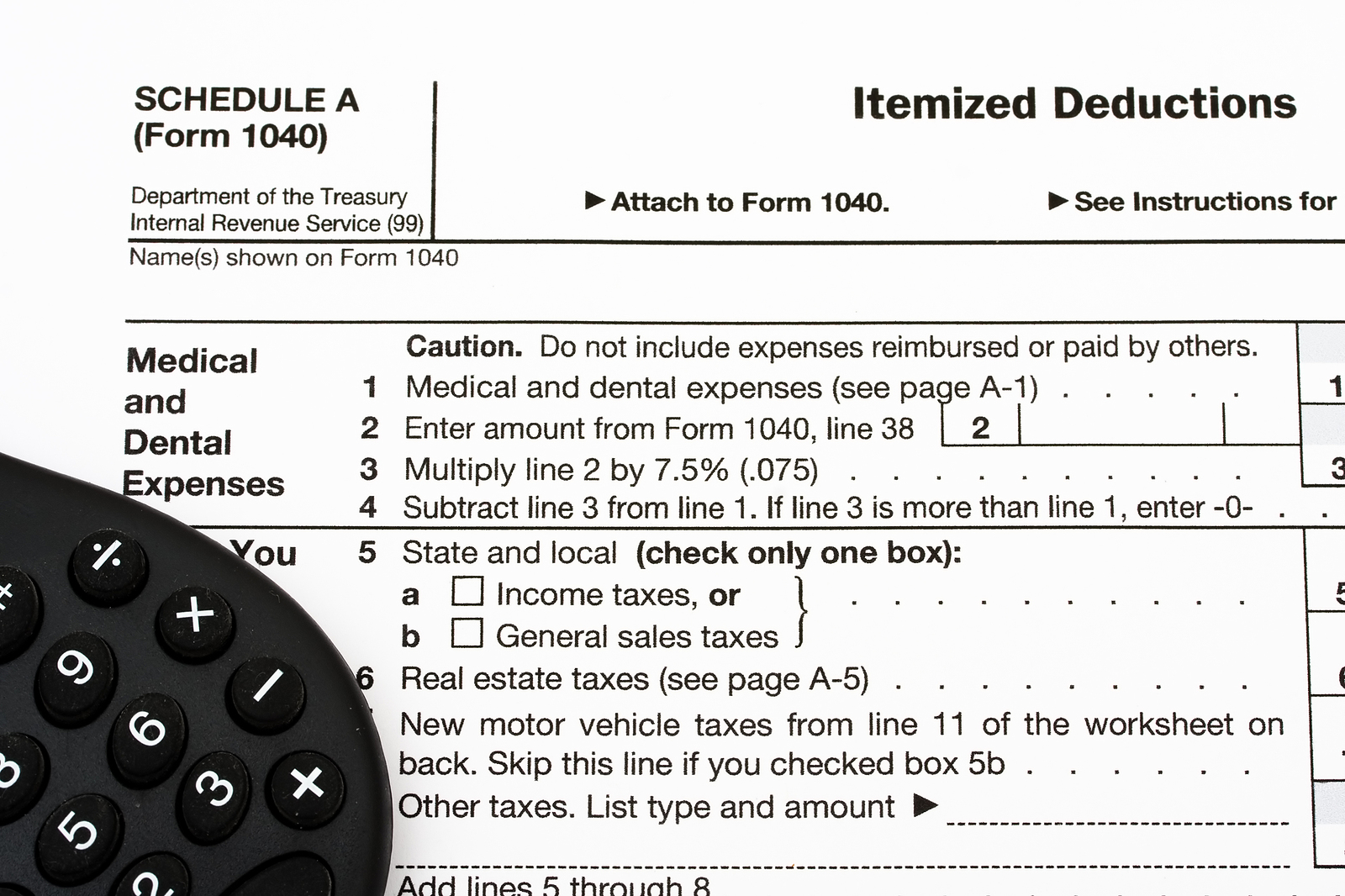For many taxpayers, a hefty refund feels like a financial win - after all, who doesn't love a big check from the IRS to celebrate after filing taxes? But is that refund really the windfall it seems? In reality, it often means you've been giving the government an interest-free loan all year. With some strategic planning, you can keep more money in your pocket throughout the year and use it to meet your personal financial goals.
Let's break down why big refunds might not be ideal and how adjusting your tax withholding might be a financial game changer.







